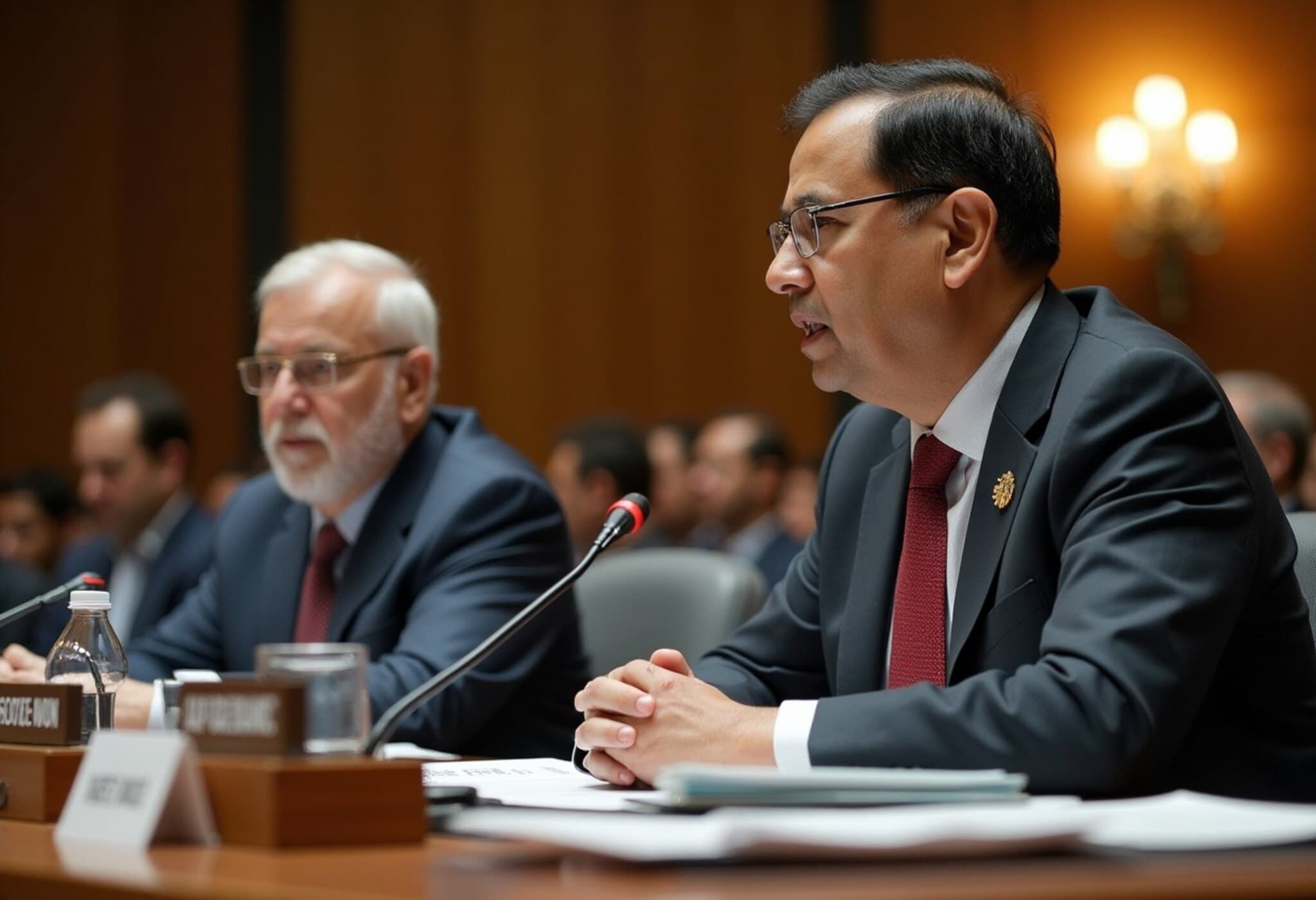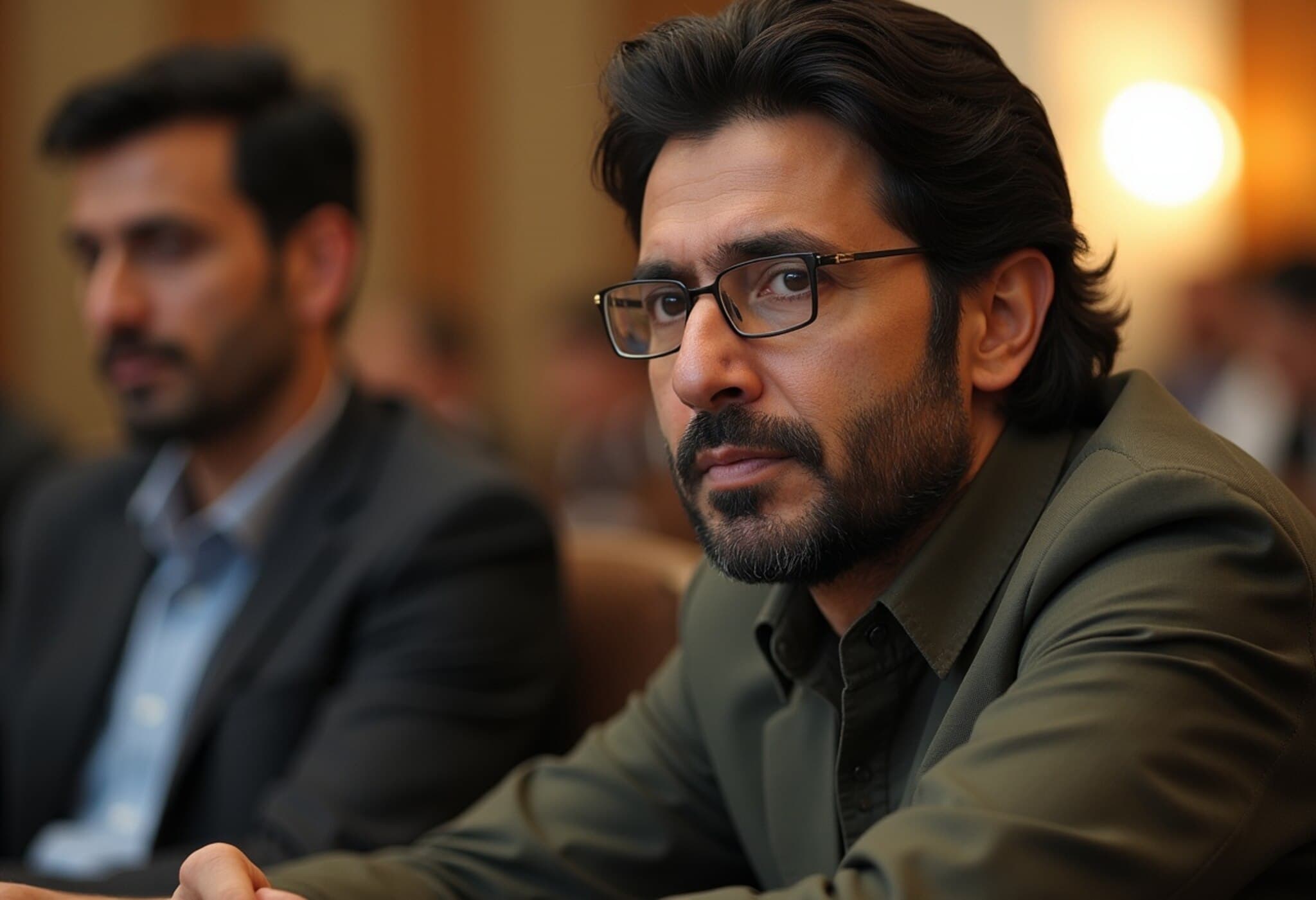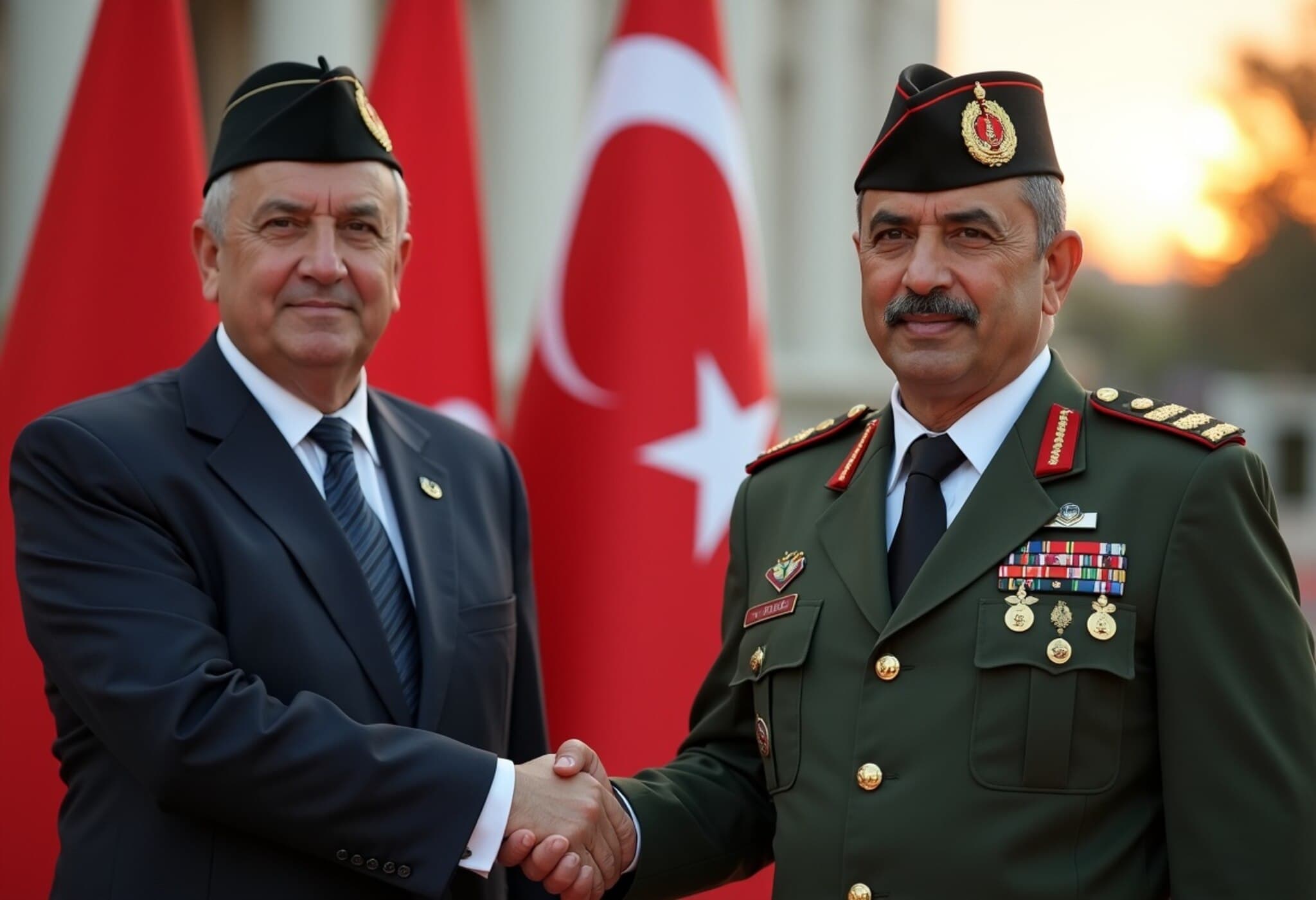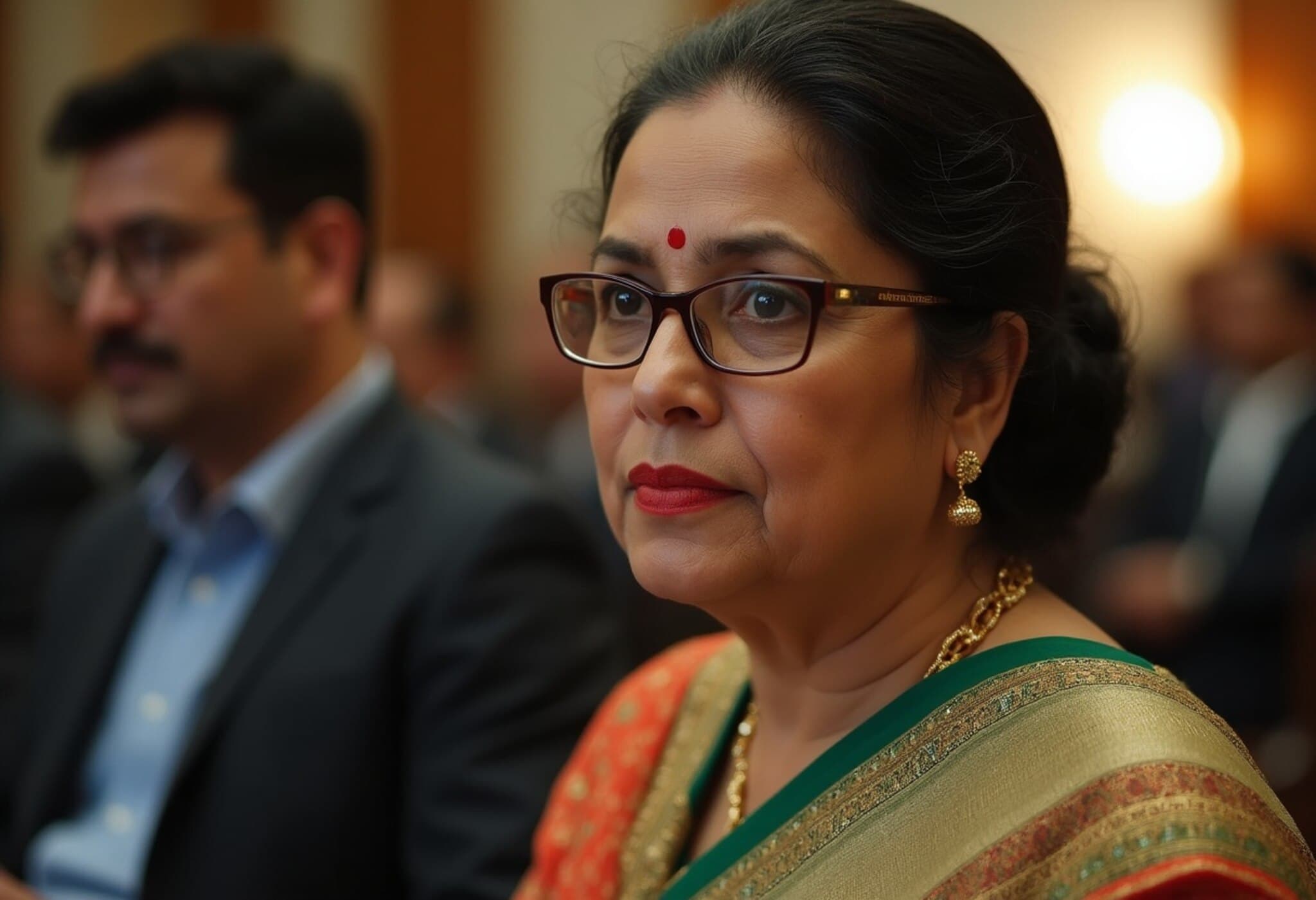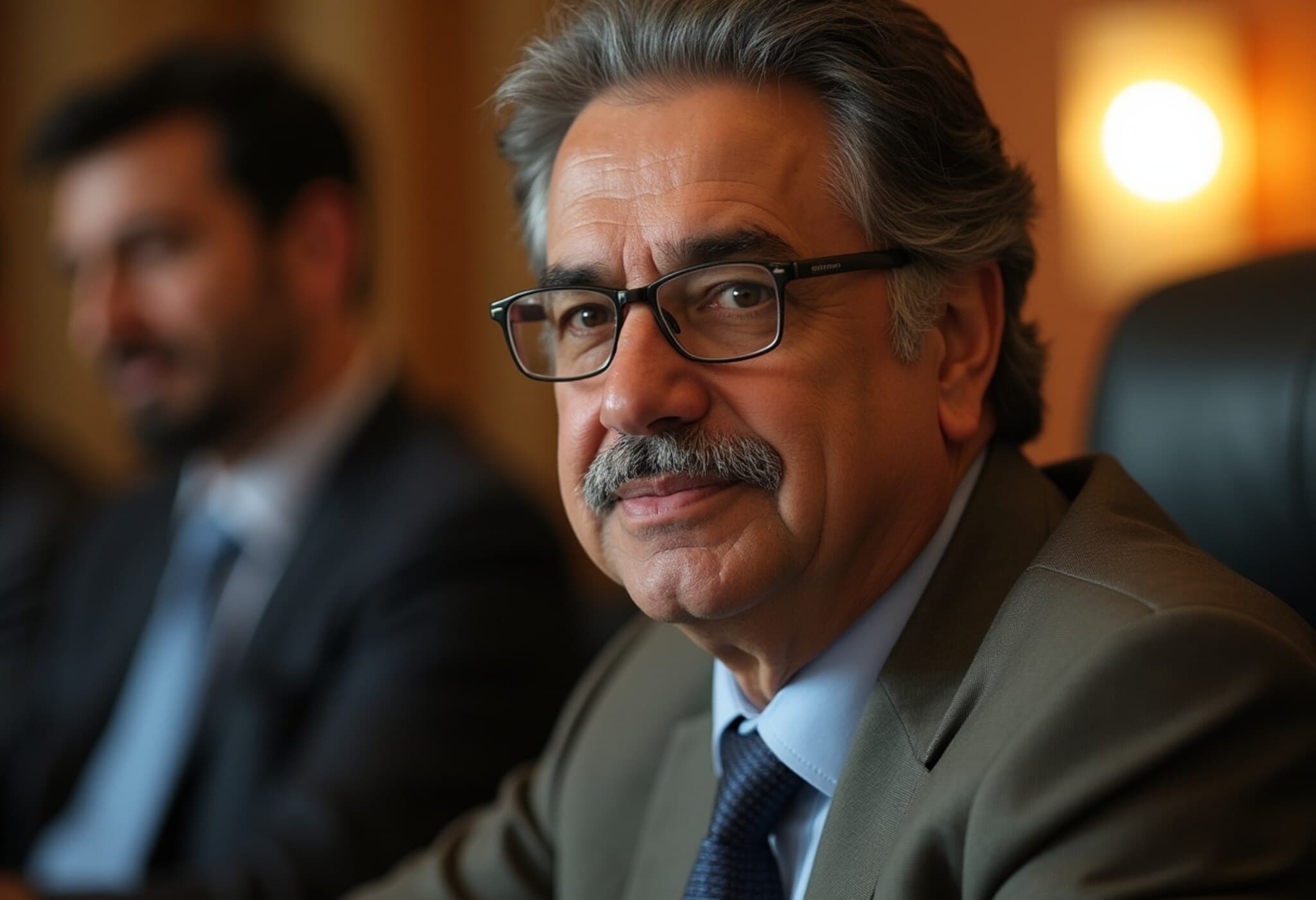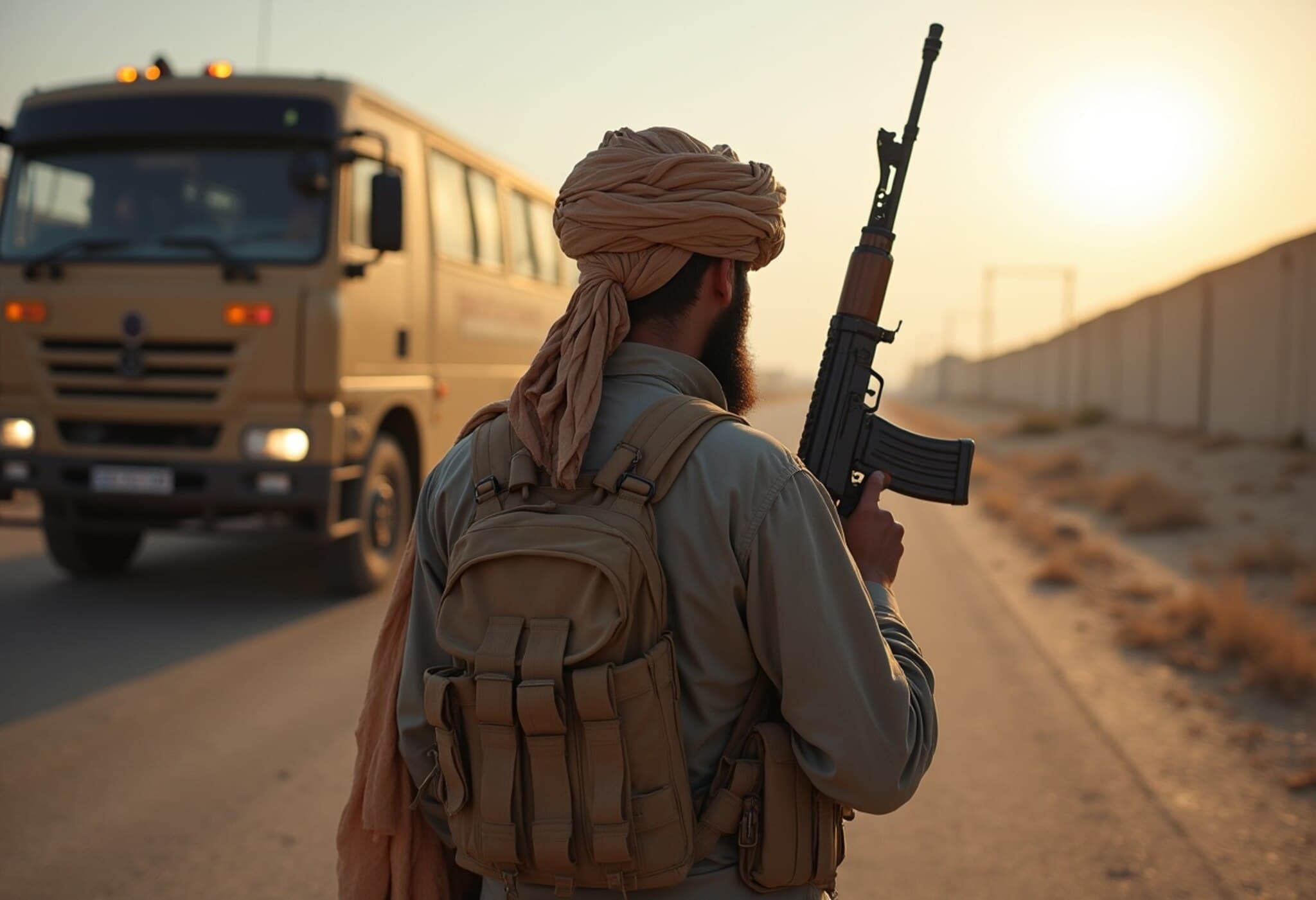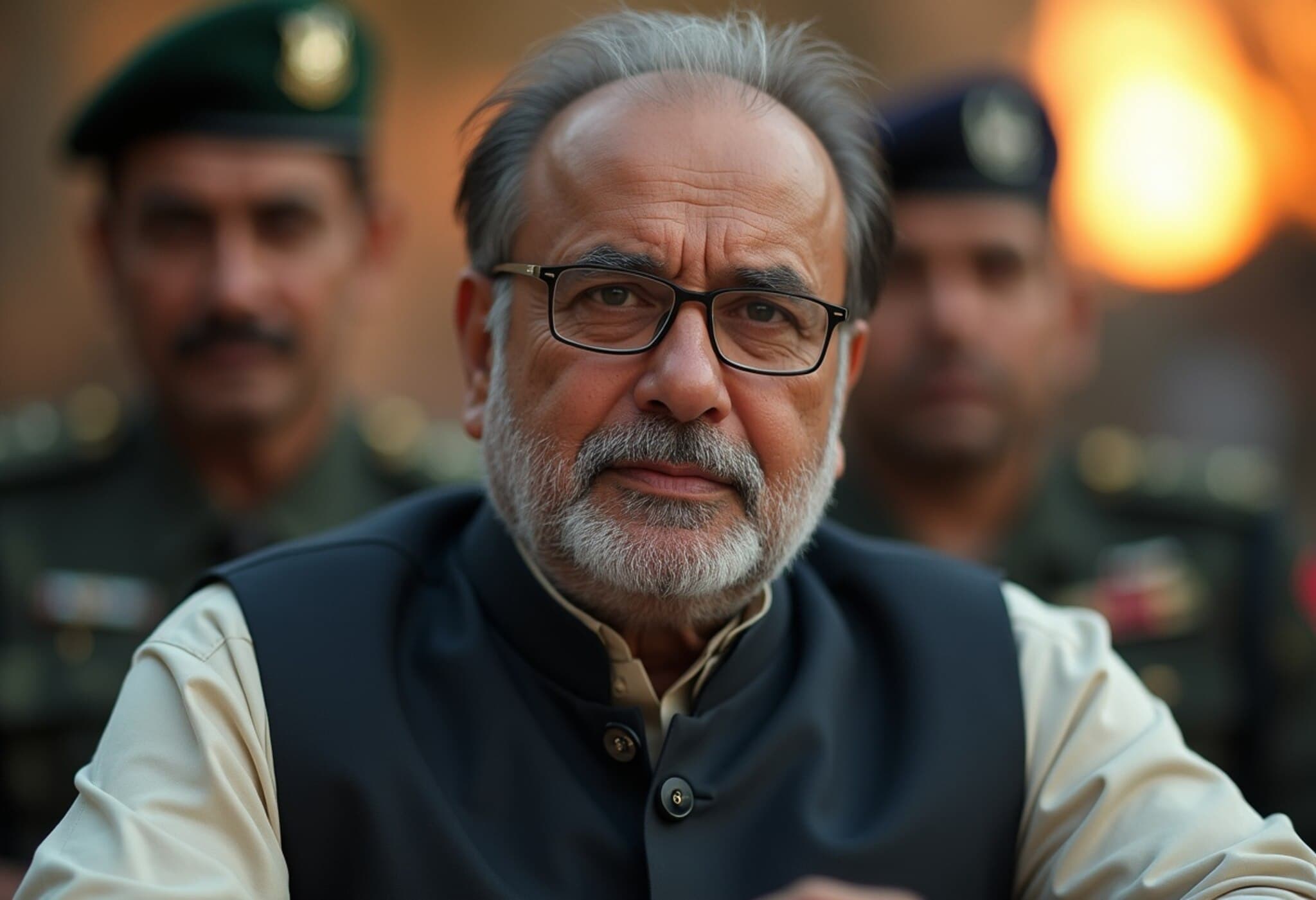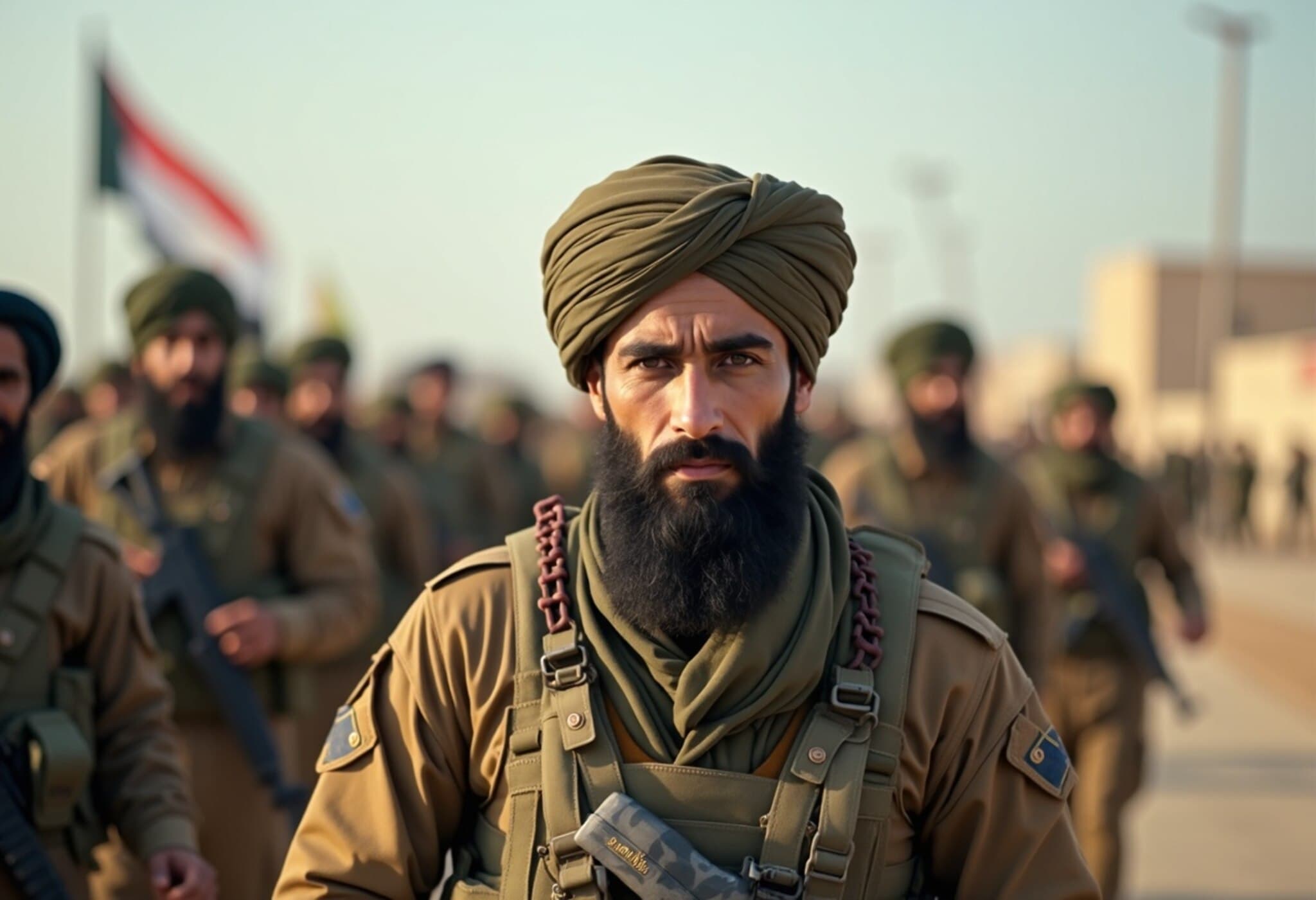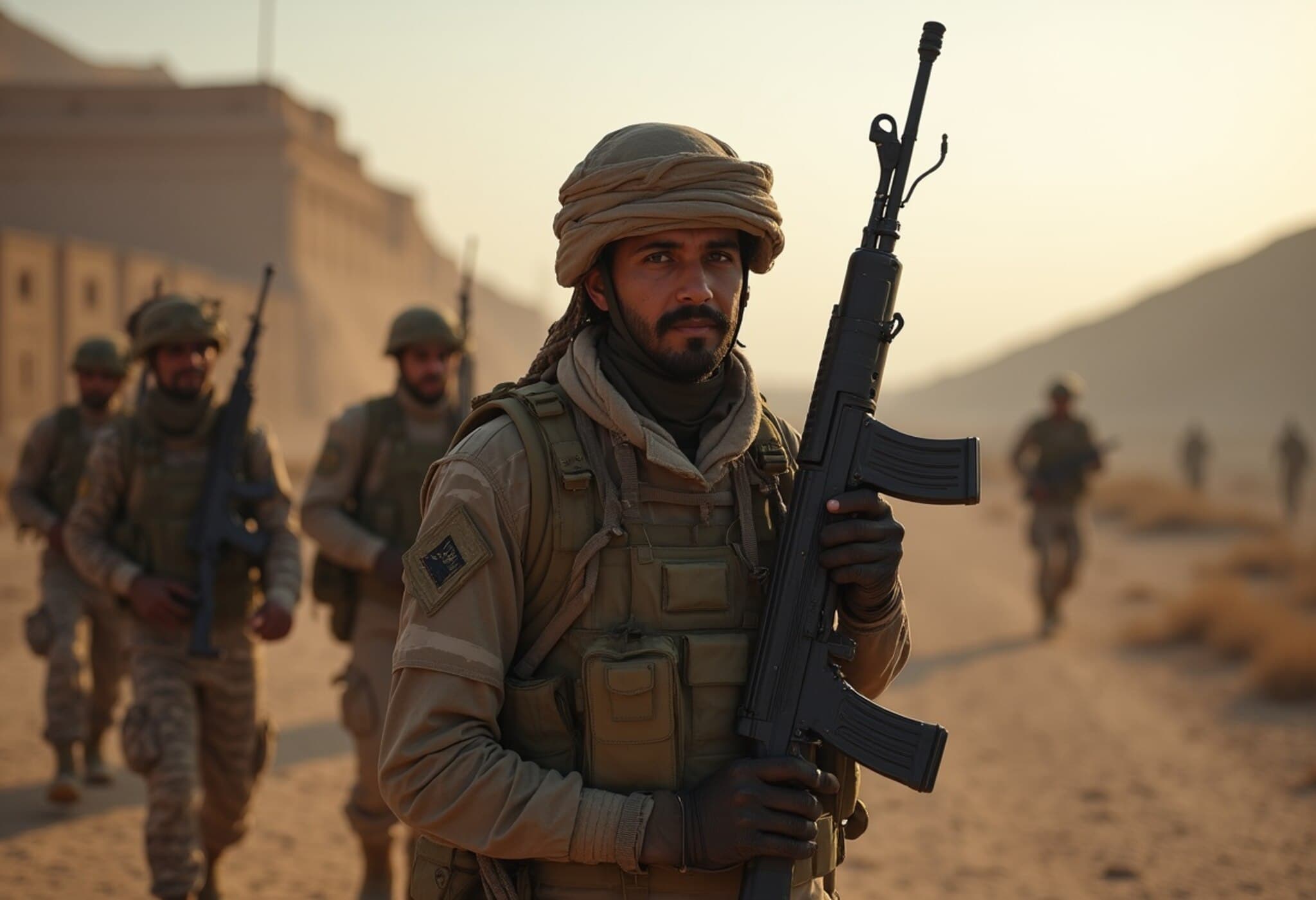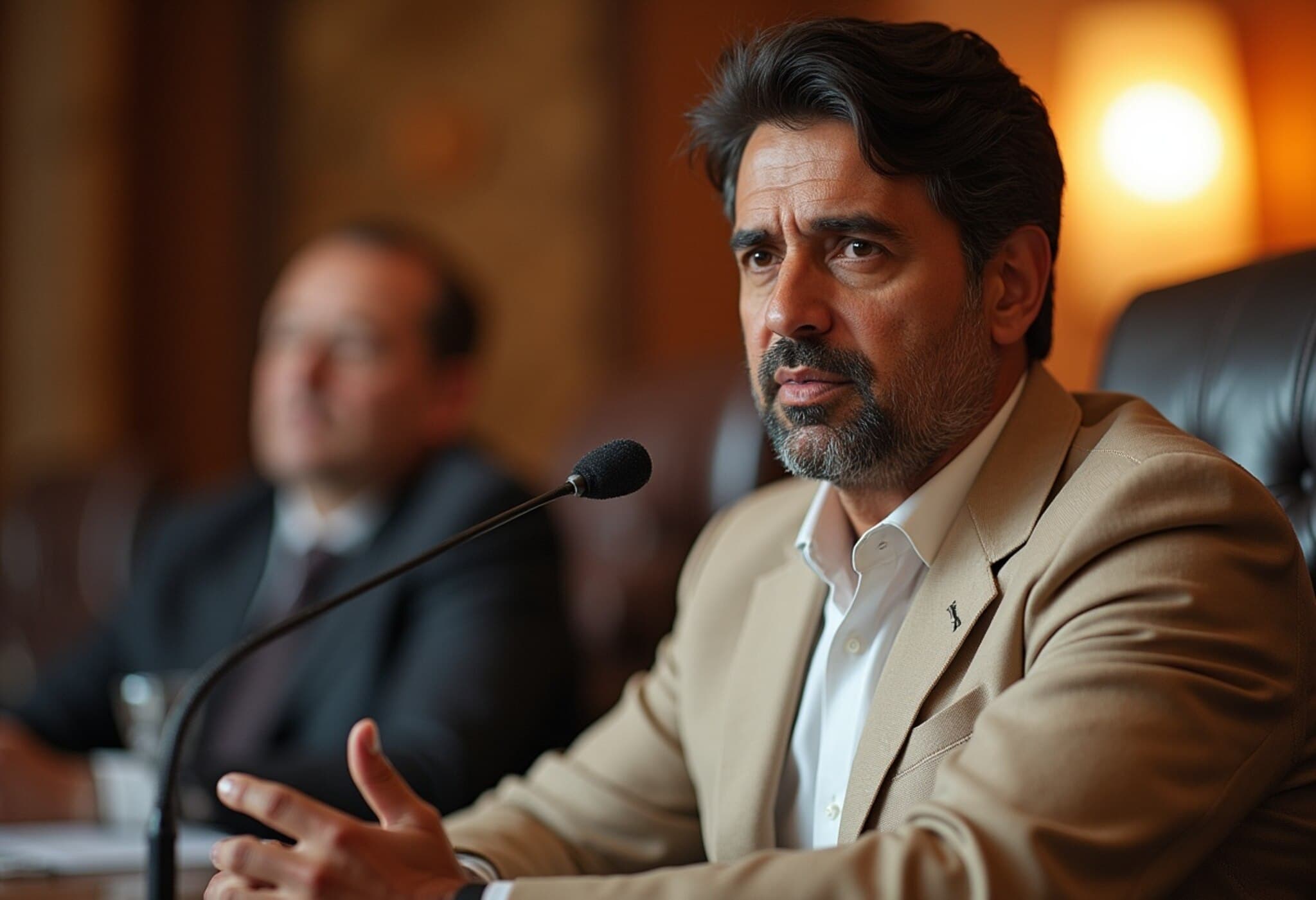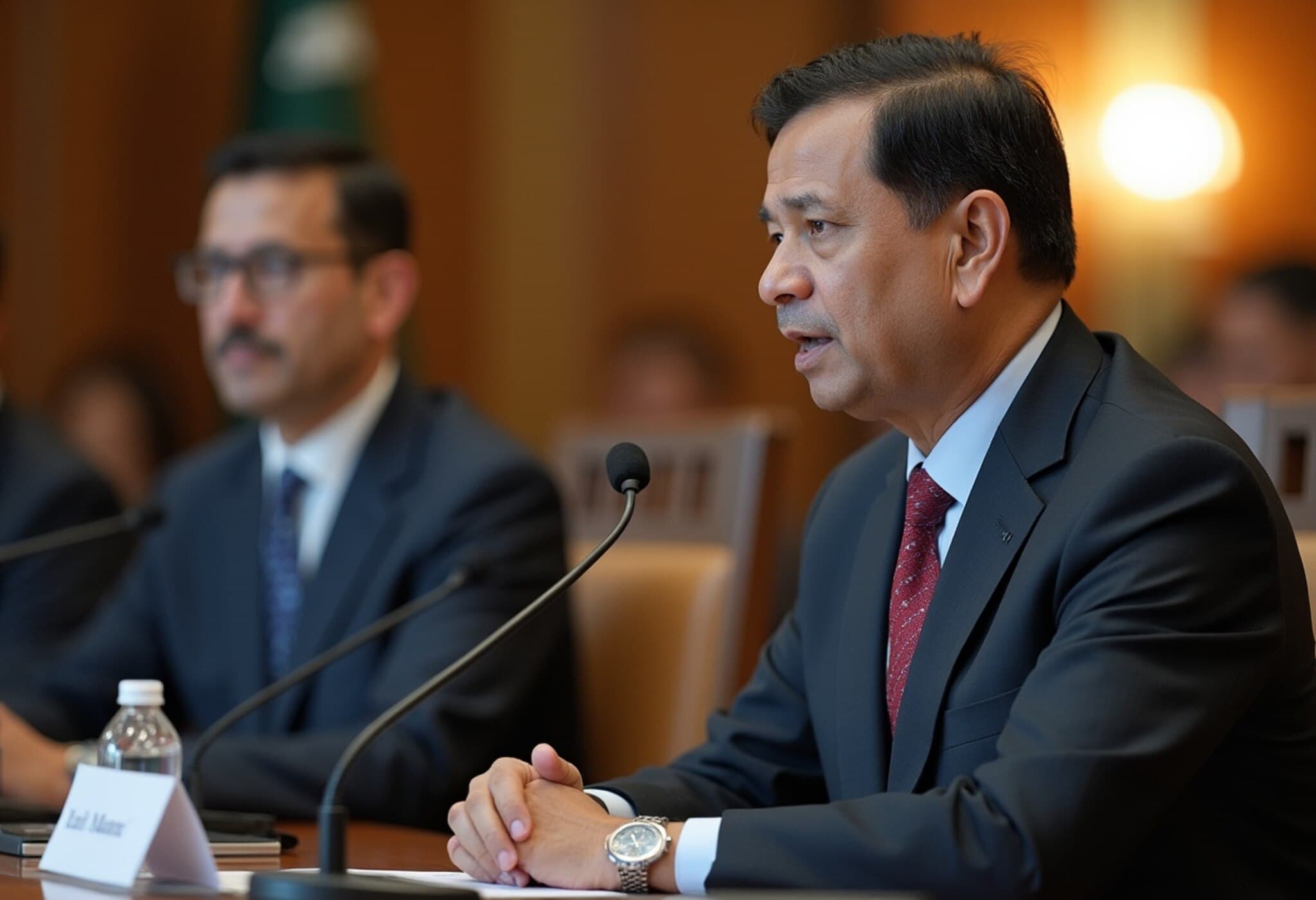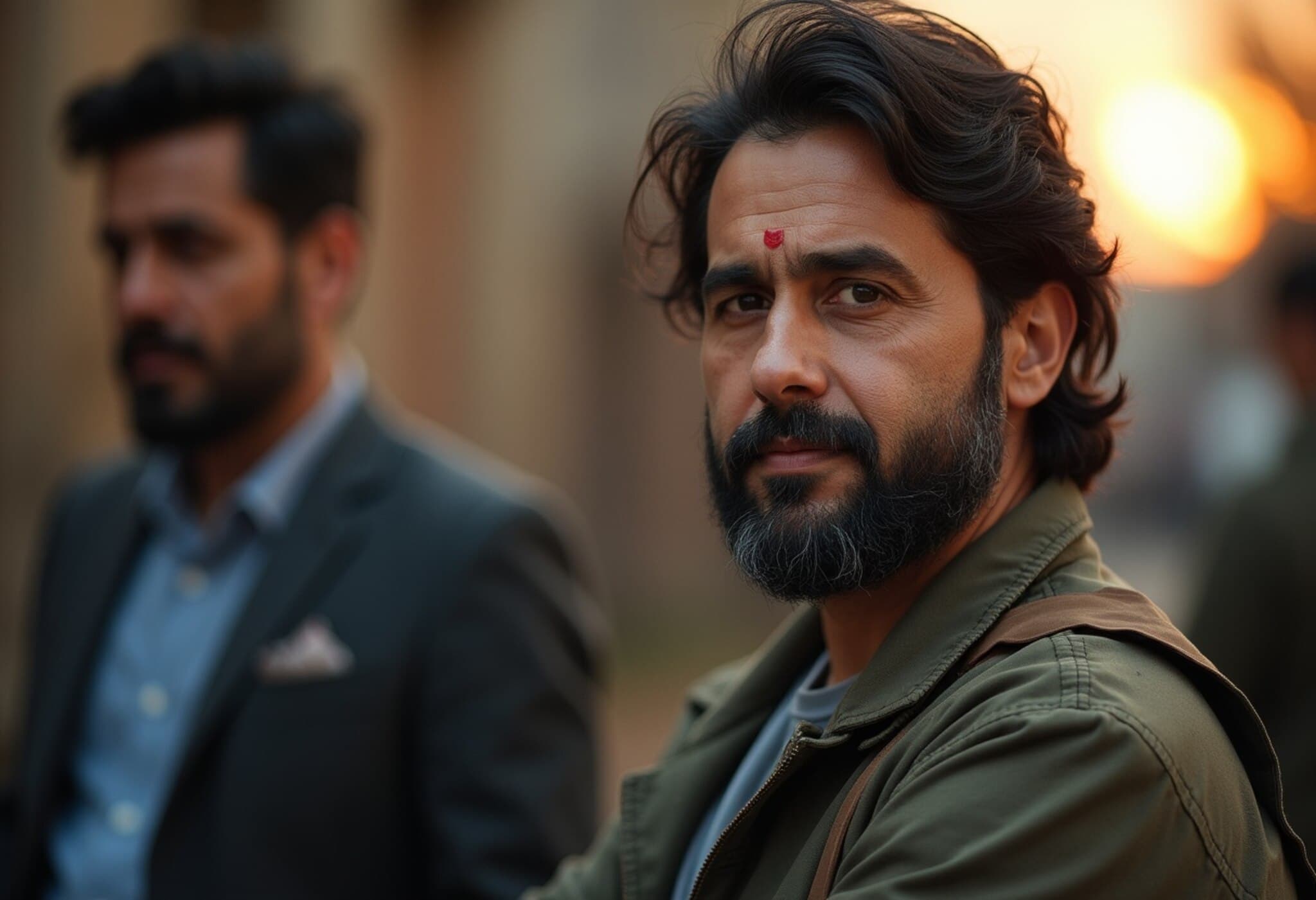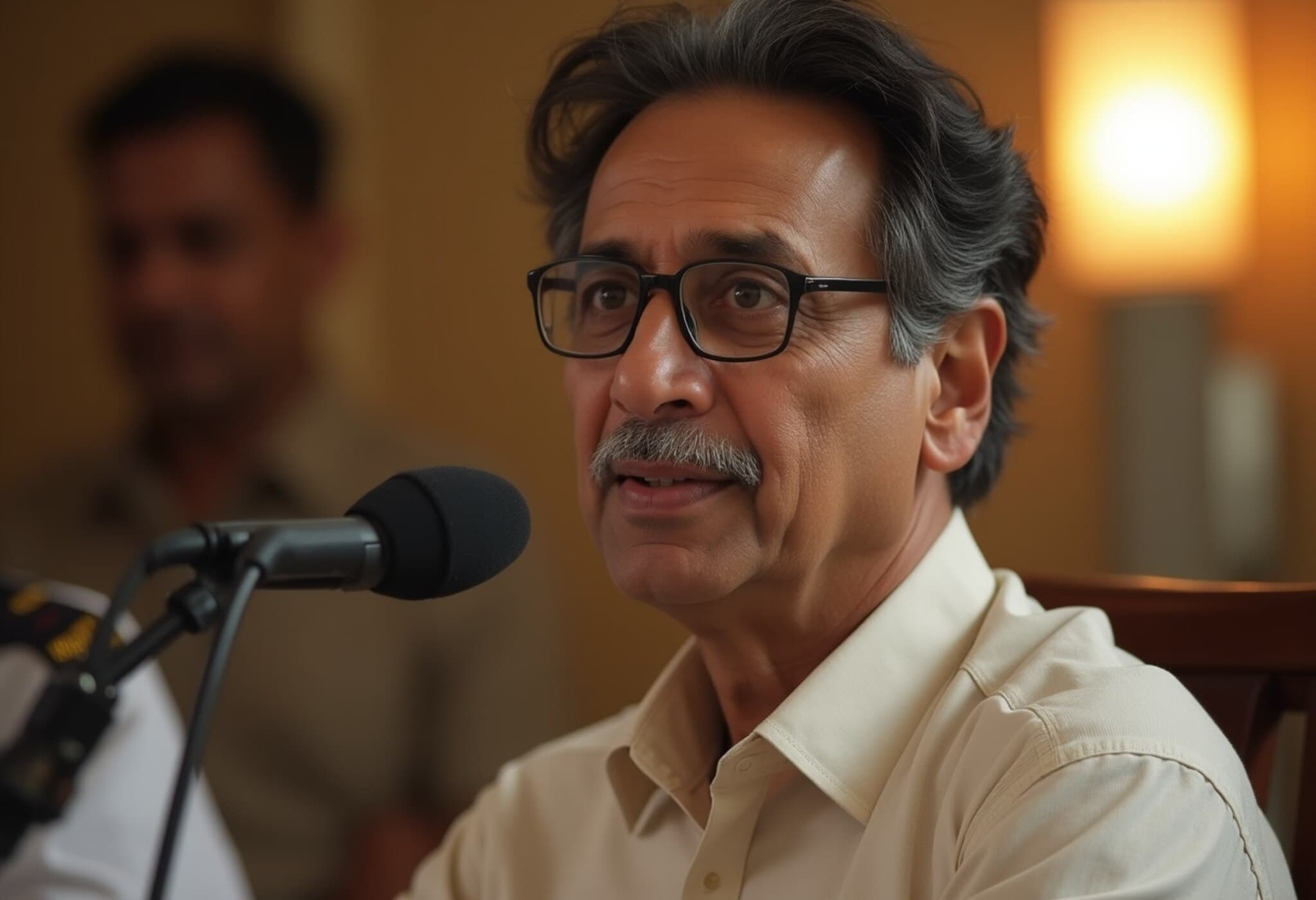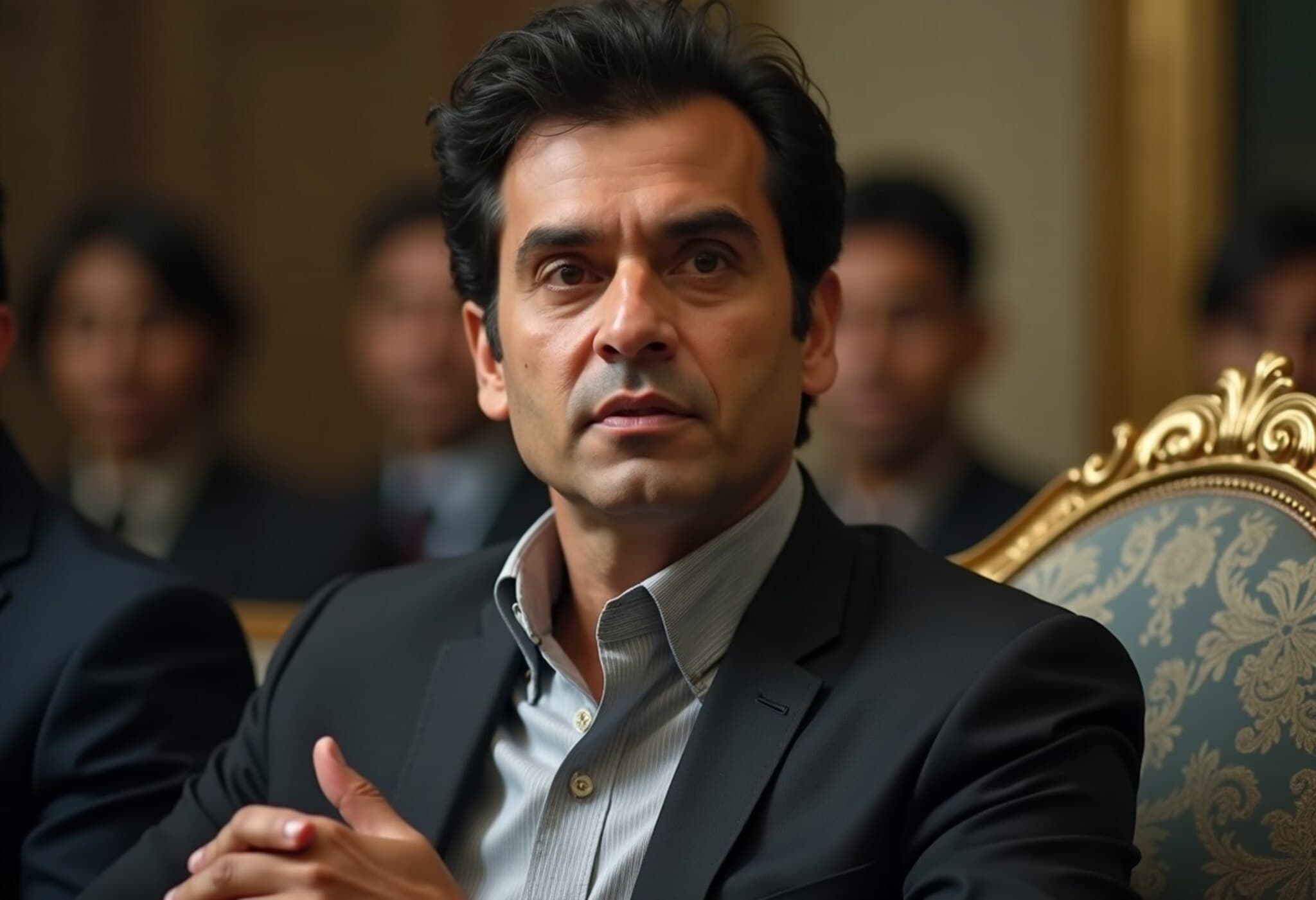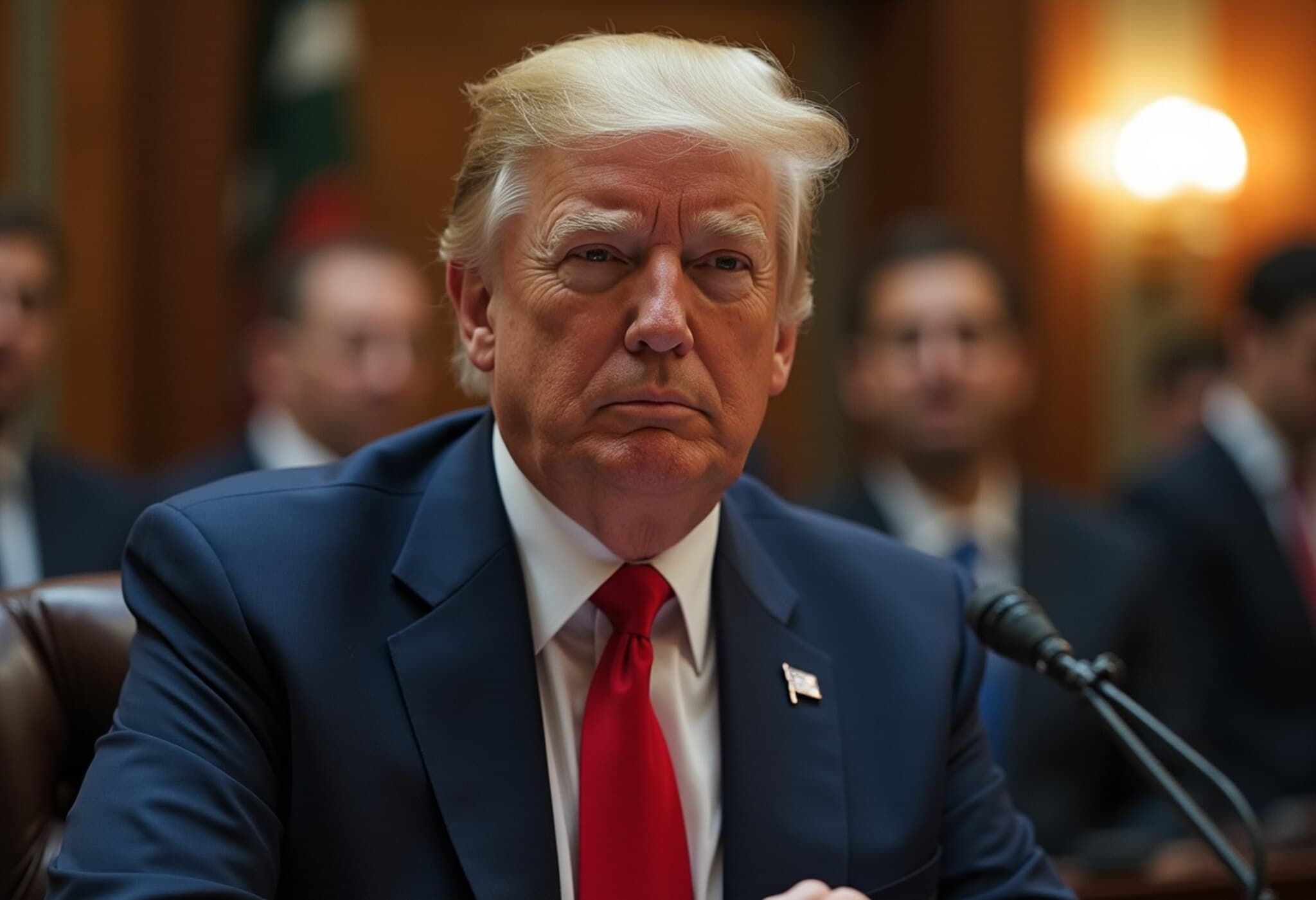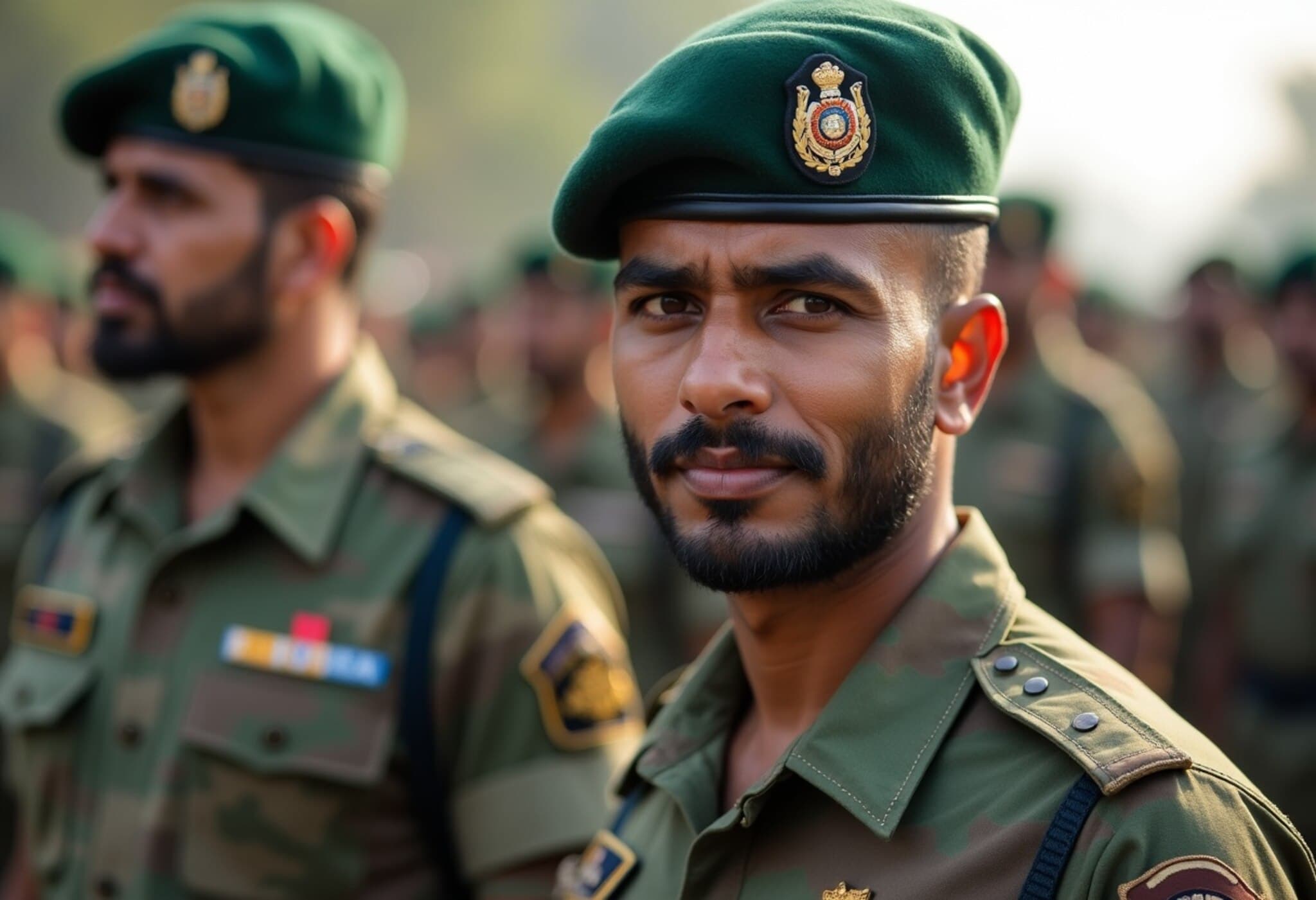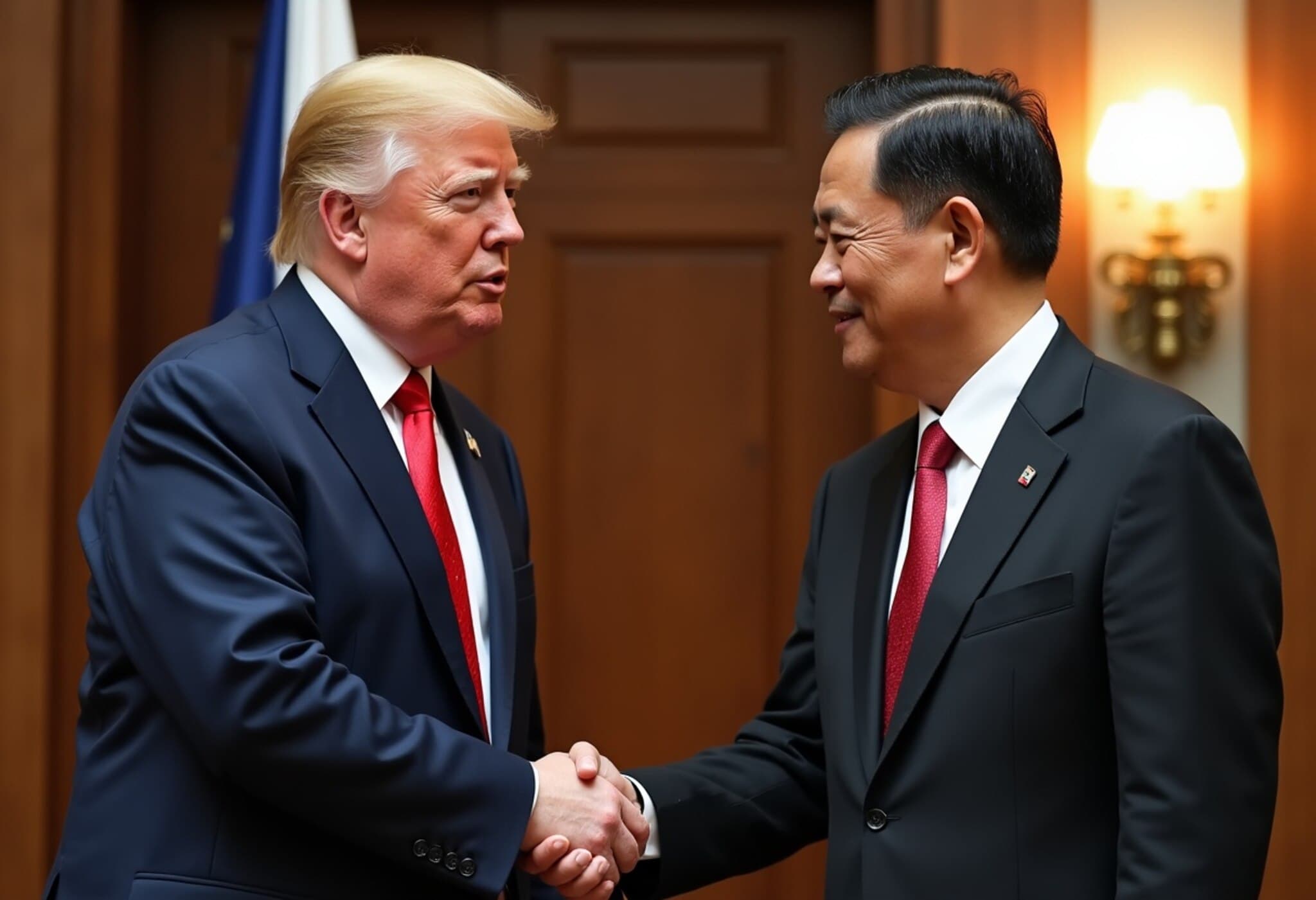India Responds Sharply to Pakistan’s Remarks at United Nations Security Council
In a tense exchange at the United Nations Security Council (UNSC), India delivered a robust rebuttal to Pakistan’s Foreign Minister Ishaq Dar, accusing Islamabad of championing terrorism while simultaneously positioning itself as a peace advocate on the global stage. India’s Permanent Representative to the UN, Ambassador P Harish, did not hold back, labeling Pakistan as a “serial borrower from the IMF” and a nation deeply entrenched in “fanaticism and terrorism.”
Contrasting Two Neighbours: Democracy vs Fanaticism
During the UNSC High-Level Open Debate on Promoting International Peace and Security through Multilateralism and Peaceful Settlement of Disputes, Ambassador Harish drew a stark contrast between India and Pakistan. Highlighting India’s identity as a vibrant democracy with a fast-growing economy and pluralistic society, Harish underscored Pakistan’s challenging reality — a state burdened with extremist ideologies and repeated IMF bailouts.
“On one hand there is India – a mature democracy, a surging economy, a pluralistic and inclusive society. At the other extreme is Pakistan, steeped in fanaticism and terrorism and a serial borrower from the IMF.”
Such pointed remarks serve not only as a political jab but also paint a larger narrative about governance, development, and geopolitical responsibility in South Asia.
Zero Tolerance for Terrorism: India’s Core Message
Ambassador Harish stressed the imperative for universal condemnation and zero tolerance for terrorism—a clear allusion to Pakistan’s alleged role as a facilitator of terror networks. Without naming Pakistan explicitly, he called on all Security Council members to reconcile their rhetoric with their actions, urging them against partaking in behavior unacceptable to the international community.
This underscores a critical diplomatic point: peace and stability require congruence between words and deeds, particularly from influential global actors.
Pakistan’s Irony: Chairing a Session on Peace While Allegedly Supporting Terrorism
Adding a layer of complexity, Pakistan’s Foreign Minister Ishaq Dar chaired the same UNSC session advocating for multilateralism and peaceful dispute resolution. He initiated the debate by emphasizing the urgency of global cooperation and the primacy of resolving conflicts through negotiation, mediation, arbitration, or judicial settlements.
Yet many international observers view this stance with skepticism. Pakistan has long faced accusations of employing terrorism as a strategic instrument—a paradox highlighted when a country accused of destabilizing peace seeks to lead discussions on peaceful dispute settlements.
Reigniting Indus Water Treaty Disputes
Dar used the international platform to revive grievances over the Indus Water Treaty, accusing India of unilaterally suspending the treaty and harming millions of Pakistanis dependent on these water resources. He charged India with legal violations and alleged attempts to choke water flow to nearly 240 million citizens.
However, this claim is viewed within the broader context of India’s rights and responsibilities under an agreement mediated by the World Bank since 1960, amidst ongoing bilateral tensions.
Context: Recent Terror Attacks Linked to Pakistan-Based Groups
This diplomatic spat cannot be divorced from the ground realities in Jammu and Kashmir, where Pakistan-backed terrorists have perpetrated multiple violent attacks targeting civilians. Just months before the UNSC session, the brutal Pahalgam terror attack resulted in the deaths of 26 people, mostly tourists, underscoring persistent security challenges linked to Pakistan-supported militancy.
Expert Insight: What This Means for South Asia and Global Diplomacy
This heated dialogue at the UNSC reflects longstanding tensions between the two nuclear-armed neighbors that extend beyond traditional diplomacy into economic dependencies, ideological divides, and transnational security concerns.
- Economic Angle: India’s highlighting Pakistan’s repeated IMF bailouts hints at Islamabad’s fragile economy, which many analysts link to political instability and mismanagement.
- Security Concerns: Terrorism remains a defining fault line, affecting not only bilateral relations but also regional and global security frameworks.
- Multilateralism and Hypocrisy: Pakistan’s chairing of a UNSC debate on peaceful dispute settlement while allegedly backing terror activities raises uncomfortable questions about the credibility of some actors within international systems.
The episode exemplifies how diplomatic forums become stages for broader geopolitical narratives, where the players’ words and deeds are scrutinized for authenticity and intent.
Looking Ahead
As India and Pakistan continue to vie for narratives on the international stage, the world watches closely. For peace advocates and policy analysts alike, genuine multilateralism means confronting uncomfortable truths — including state-sponsored terrorism and economic misgovernance — to forge durable security and cooperation frameworks in South Asia.
Editor’s Note
This exchange at the United Nations Security Council is more than a diplomatic spat; it reflects deep-rooted challenges that continue to shape the South Asian political landscape. India’s emphasis on terrorism and Pakistan’s economic struggles invites us to ponder: can economic stability and security reforms in Pakistan pave the way for meaningful dialogue? And how can the international community strengthen mechanisms ensuring that calls for peace are matched by concrete actions?
Understanding these complex dynamics is crucial for readers seeking to grasp not just the headlines, but the profound implications for regional security and global diplomacy.

